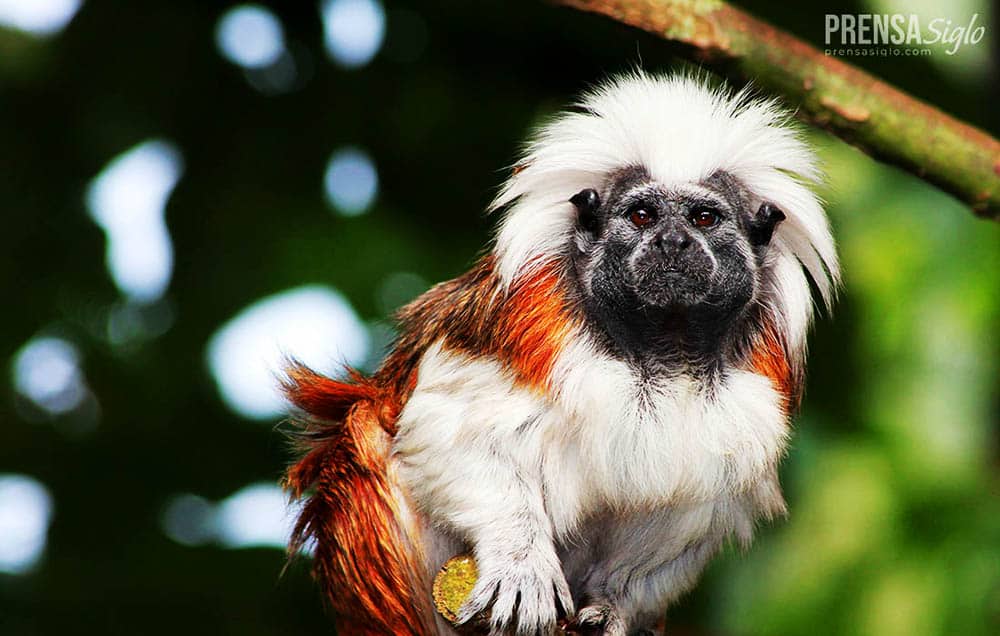The Devastating Impact of Species Extinction
The alarming rate of species extinction is a global issue that is not only worrying but also has devastating consequences for the environment, the economy, and human well-being. Scientists estimate that over one million species are at risk of extinction, meaning that the world is on the brink of a mass extinction event for the first time since the dinosaurs were wiped out 65 million years ago. This situation is not only a concern for the future of biodiversity on the planet, but it also poses a serious threat to human life and society as we know it. This article will explore the devastating impact of species extinction and what we can do to act now before it is too late.
The Causes of Species Extinction
The underlying causes of species extinction are complex and multifaceted, but the most significant threats to biodiversity include habitat destruction, over-exploitation, pollution, climate change, and invasive species. These factors do not work in isolation, but rather, they interact and compound each other to create a perfect storm of species loss.
Habitat destruction is caused by the conversion of natural ecosystems into agricultural land, urban development, and infrastructure. This displacement of wildlife causes populations to dwindle and can lead to local and global extinctions. Over-exploitation involves the unsustainable use of wildlife, including hunting, fishing, and harvesting of timber, which can lead to the depletion of populations to the point of no return. Pollution, especially in the form of chemical contamination, can have severe effects on aquatic and terrestrial ecosystems, leading to a loss of biodiversity.
Climate change is another significant factor in species extinction, as it can cause shifts in temperature and precipitation patterns, leading to habitat loss and fragmentation. This can lead to the spread of invasive species that can push out native species and further harm biodiversity.
The Devastating Impact of Species Extinction on the Environment
The loss of biodiversity can have far-reaching impacts on ecosystems worldwide. One of the significant consequences of species extinction is the loss of ecosystem services that provide valuable benefits to humankind. These services include pollination, soil fertility, climate regulation, and water purification. Without these services, ecosystems can become destabilized and lead to further species extinction, creating a vicious cycle.
Species extinction can also lead to the spread of invasive species, which can have adverse effects on both ecosystems and economies. Invasive species can outcompete native species for resources, leading to further species extinction. In addition, invasive species can cause significant economic losses for industries such as agriculture, forestry, and fisheries.
The Impact of Species Extinction on the Economy
Species extinction can also have a significant impact on the global economy. Many industries rely on biodiversity and ecosystem services to function, such as fisheries, forestry, agriculture, and tourism. The loss of species and ecosystem services can lead to economic losses for these industries, affecting both regional and global economies.
For example, the loss of pollinators such as bees and butterflies could cost the global economy up to $577 billion per year, primarily due to reduced agricultural yields. In addition, the loss of coral reefs could cost the global economy up to $1 trillion annually due to the loss of fishing and tourism revenue.
The Impact of Species Extinction on Human Well-being
The loss of biodiversity can also have severe consequences for human health and well-being. Many medicines used to treat common ailments are derived from biological sources, such as plants and animals. The loss of these species can lead to the loss of potential cures for diseases.
Moreover, the loss of ecosystem services can lead to reduced access to clean water and air, reduced food security, and increased exposure to natural disasters. These factors have a severe impact on the health and well-being of communities around the world, especially those in vulnerable regions.
Act Now or Lose Forever
The consequences of species extinction are dire and far-reaching, but there are actions that we can take to prevent further loss of biodiversity. Here are some tips on how to act now:
1) Protect and restore habitats: The protection and restoration of natural habitats are critical in preventing species extinction. This means conserving forests, wetlands, and other ecosystems, and restoring degraded ecosystems to their natural state.
2) Reduce carbon emissions: Climate change is a significant factor in species extinction, and reducing carbon emissions is critical in curbing this trend. We can reduce our carbon footprint by using public transportation, reducing consumption, and choosing renewable energy options.
3) Ban harmful chemicals: Chemical pollution is a severe threat to biodiversity, and we need to phase out the use of harmful chemicals such as pesticides, herbicides, and fertilizers.
4) Support conservation organizations: Conservation organizations play a vital role in protecting biodiversity and restoring ecosystems. Supporting these organizations through donations and volunteering can make a significant impact.
5) Choose sustainable products: Choose products that are sustainably sourced and produced, such as environmentally friendly cleaning products and sustainably harvested seafood.
Conclusion
The loss of biodiversity is a global crisis that requires urgent action. The consequences of species extinction are far-reaching, impacting the environment, economy, and human well-being. However, there is hope; by taking action now, we can prevent further loss of species and protect the essential ecosystems that sustain life on Earth. As individuals, we can make a difference by supporting conservation efforts, reducing our carbon footprint, and choosing sustainable products. Let us act now before it is too late.
